Connecticut has made a significant stride towards progressive drug policy reform as lawmakers in the state recently passed legislation to decriminalize the possession of small amounts of psychedelic mushrooms. The bill passed 86-64 and next heads to the Senate. Thirteen Democrats voted against the bill and two Republicans voted for it. If approved in the Senate and signed into law by the governor, the penalty for a first-time possession of a half ounce or less would be $150.
The move comes in response to growing evidence supporting the therapeutic potential of these substances and marks a shift towards a more compassionate and science-based approach to drug regulation. This groundbreaking decision paves the way for a new era in Connecticut, focusing on harm reduction and individual well-being rather than punitive measures.
The Decriminalization Legislation
The recently passed legislation, which gained bipartisan support, effectively decriminalizes the possession of up to half an ounce (14 grams) or less of psychedelic mushrooms for personal use. The new law recognizes the potential health benefits and minimal risks associated with the controlled use of these substances, particularly in therapeutic contexts. Connecticut now joins several other states, such as California, Colorado and Oregon, in the progressive movement toward the decriminalization and destigmatization of psychedelics.
Support for Therapeutic Applications
Advocates of psychedelic therapy emphasize the potential benefits of substances such as psilocybin, the active compound in magic mushrooms. Numerous studies have indicated that psilocybin-assisted therapy can be effective in treating various mental health conditions, including depression, anxiety, and post-traumatic stress disorder (PTSD). The decriminalization of psychedelic mushrooms in Connecticut (and elsewhere) acknowledges the therapeutic value of these substances and sets the stage for further exploration of their potential applications.
Harm Reduction and Public Safety
Rather than viewing drug use solely through a criminal lens, the move toward decriminalization highlights a shift toward a harm reduction approach. The focus is now on public health and safety, acknowledging that punitive measures often exacerbate the negative consequences associated with drug use. By destigmatizing psychedelic mushrooms, the state aims to create an environment where individuals are more likely to seek help, education, and support rather than face criminal penalties.
Regulation and Education
With the decriminalization of psychedelic mushrooms, Connecticut faces the task of establishing responsible regulation and education around their use as they did when they initially decriminalized cannabis. Which preceded full legalization. The legislation emphasizes the importance of safe and controlled environments for the consumption of these substances, such as therapeutic settings supervised by trained professionals. Implementing comprehensive educational programs will be crucial to inform the public about the potential risks, benefits, and responsible use of psychedelic mushrooms.
A Step Toward Sensible Drug Policy
Connecticut's decision to decriminalize the possession of psychedelic mushrooms represents a significant step towards a more sensible and evidence-based drug policy. The state recognizes that criminalizing individuals for personal possession of these substances is counterproductive and fails to address the underlying issues surrounding drug use.
This shift aligns with the evolving understanding of psychedelics as potential tools for mental health treatment and personal growth. The therapeutic benefits of substances like psilocybin have been demonstrated in more and more clinical trials, showing promise in reducing symptoms of treatment-resistant depression, alcoholism and helping individuals navigate existential distress.
Moreover, decriminalization acknowledges the long-standing cultural and spiritual use of psychedelic mushrooms by indigenous communities. By removing legal barriers, Connecticut honors the cultural heritage and wisdom associated with these substances.
Additionally, it reduces the disproportionate impact of drug-related convictions on marginalized communities, contributing to a fairer and more equitable society.
It is important to note that decriminalization does not mean a free-for-all or a complete lack of regulation. The state will still enforce laws to prevent large-scale cultivation, distribution, and sale of psychedelic mushrooms. The intent is to create a balanced framework that acknowledges the potential benefits while ensuring public safety and mitigating potential risks.
Connecticut's decision to decriminalize psychedelic mushrooms reflects a growing recognition of the need for a more compassionate and rational approach to drug policy. By embracing harm reduction, therapeutic potential, and public health, the state sets an example for others to follow. As research progresses and public understanding deepens, we can hope to see further advancements in drug policy reform that prioritize individual well-being and scientific evidence.
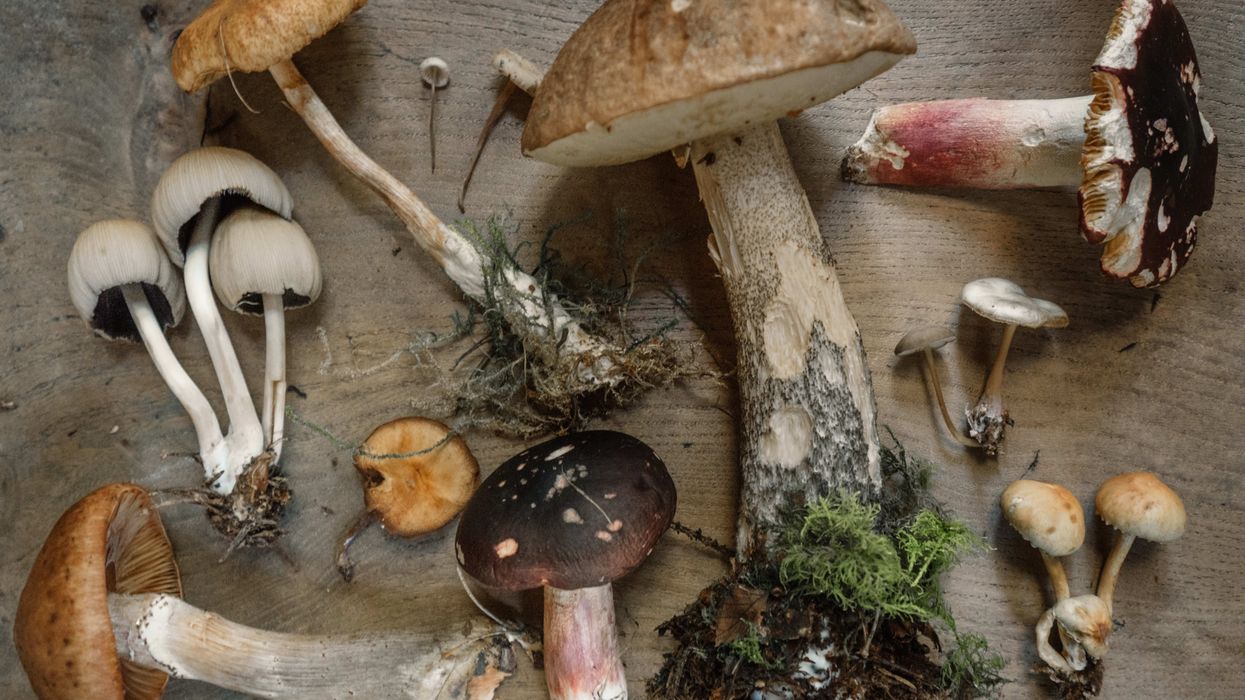






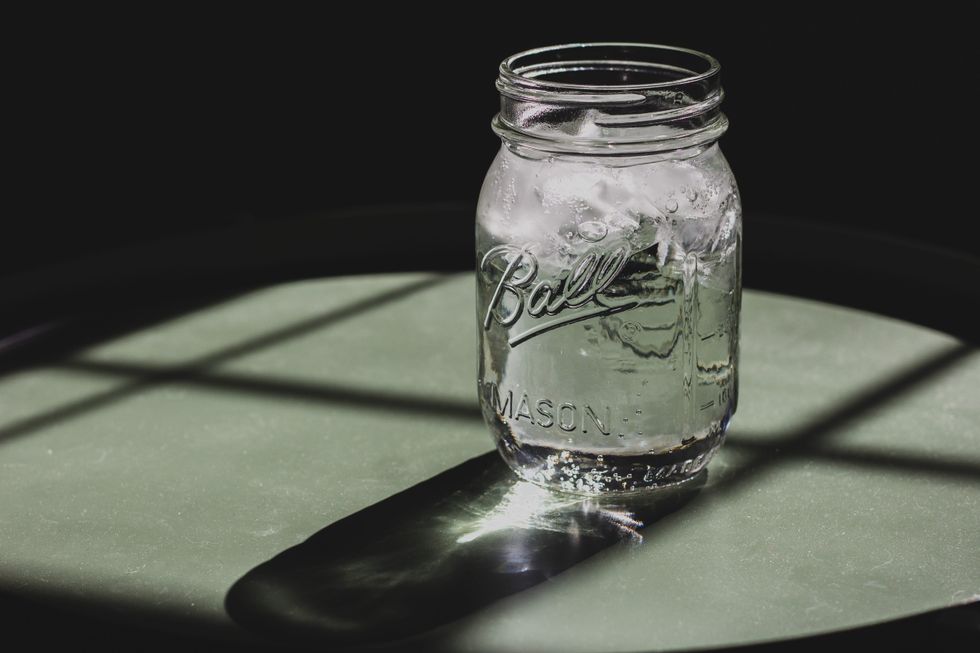 How to Store Magic Mushrooms
How to Store Magic Mushrooms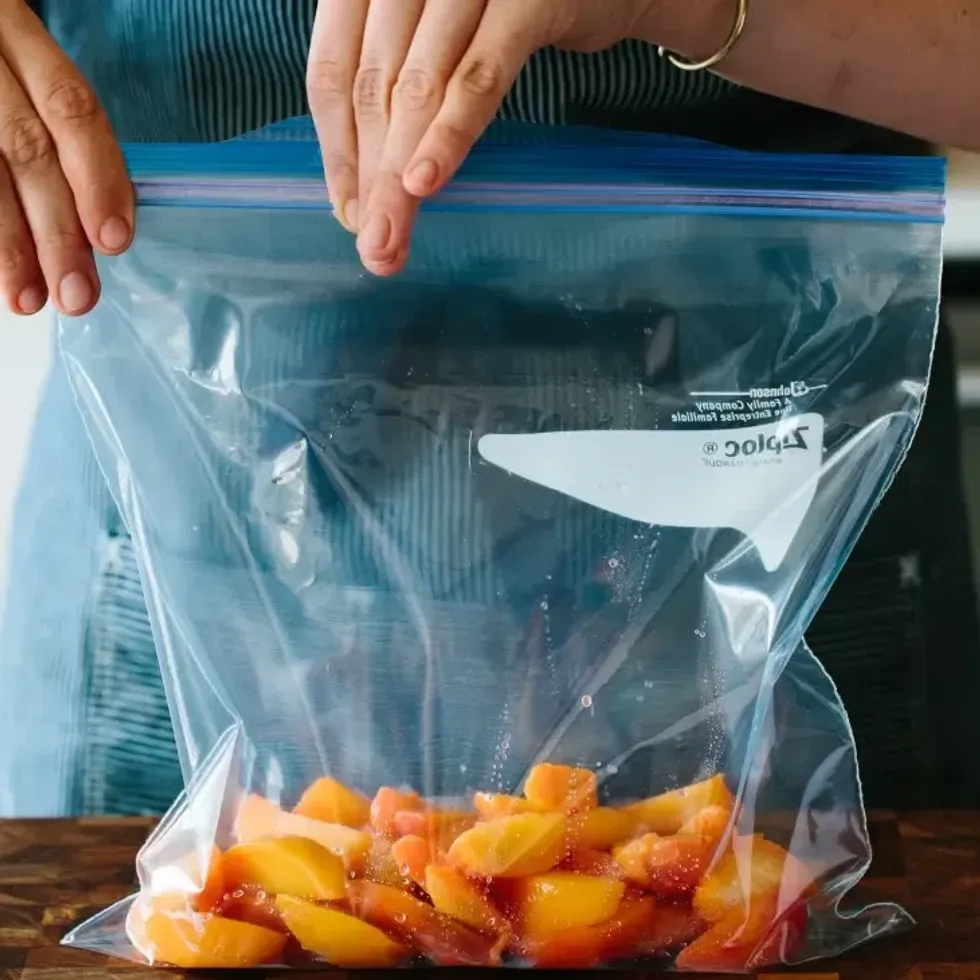 How to Store Magic Mushrooms
How to Store Magic Mushrooms How to Store Magic Mushrooms
How to Store Magic Mushrooms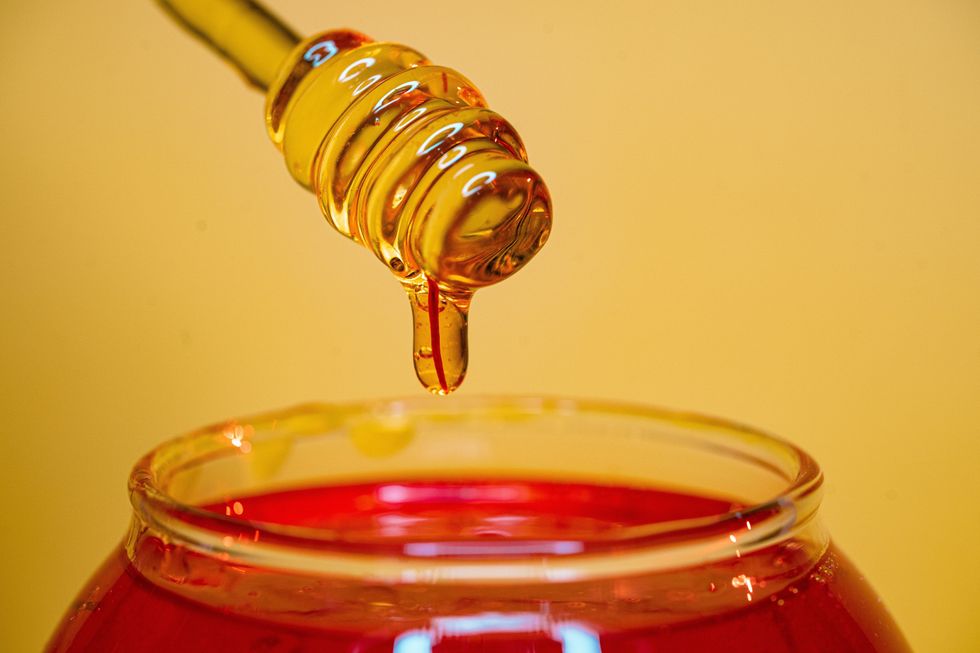 How to Store Magic Mushrooms
How to Store Magic Mushrooms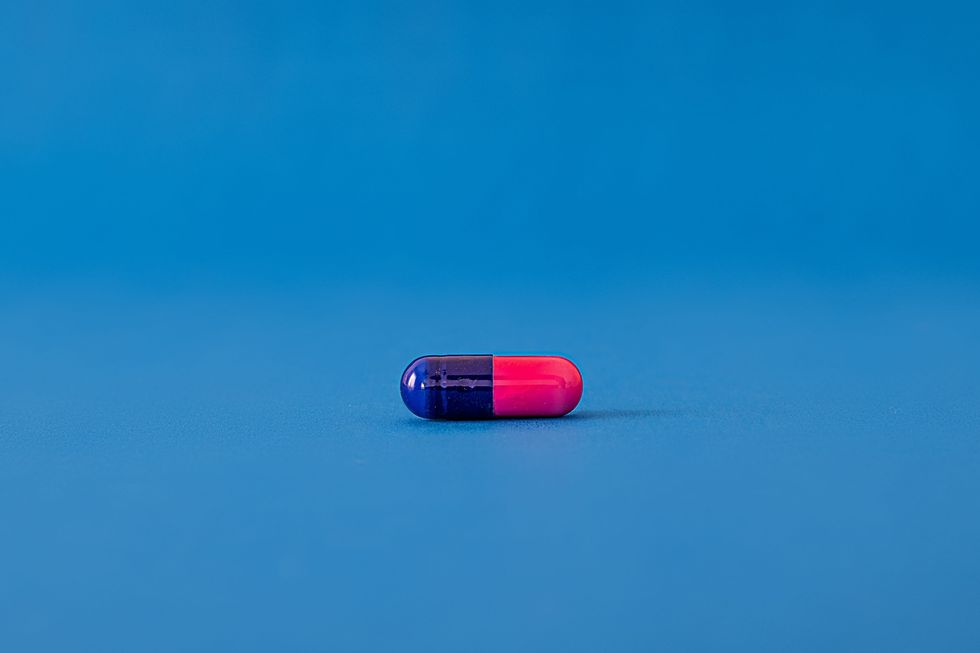 How to Store Magic Mushrooms
How to Store Magic Mushrooms










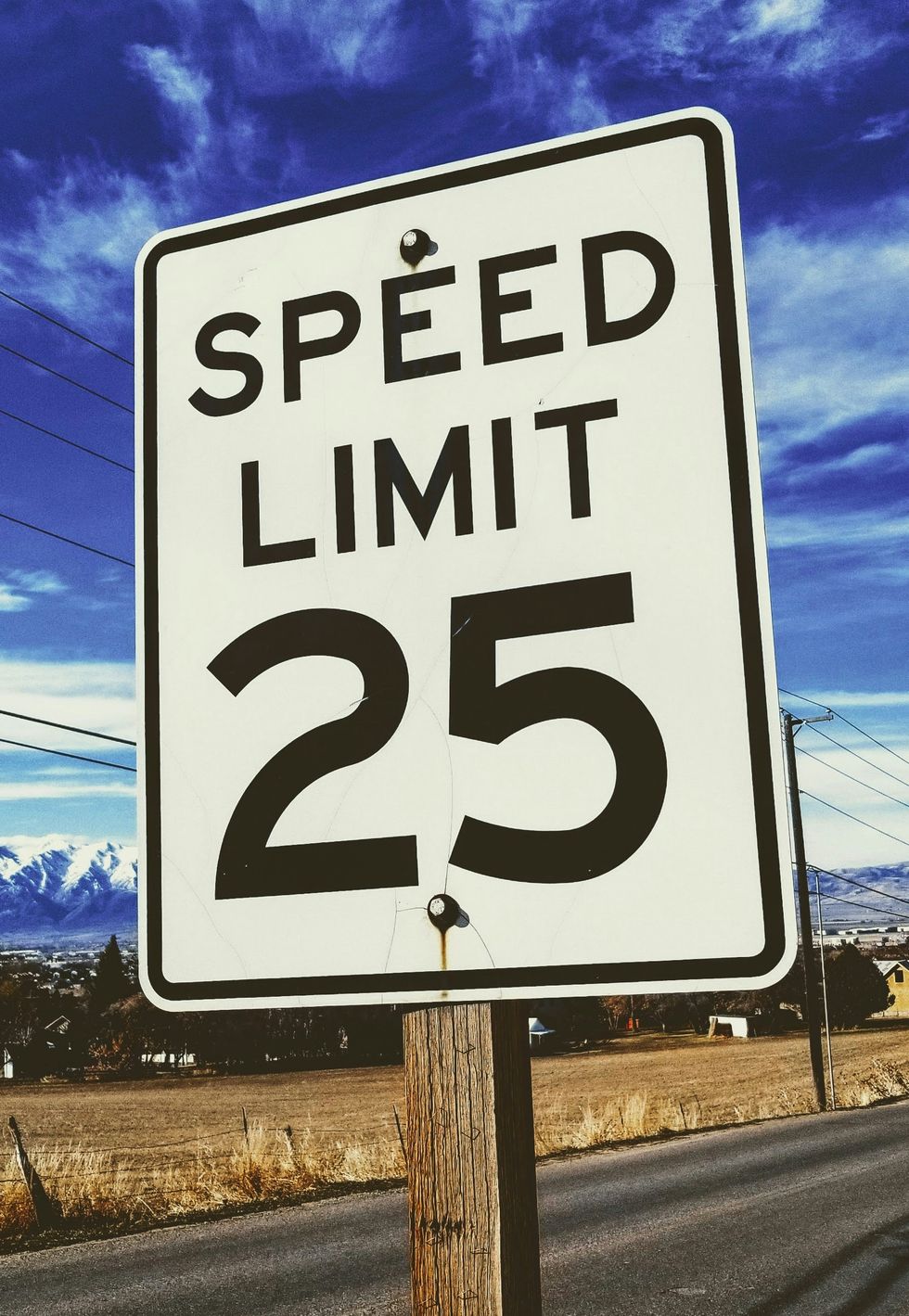


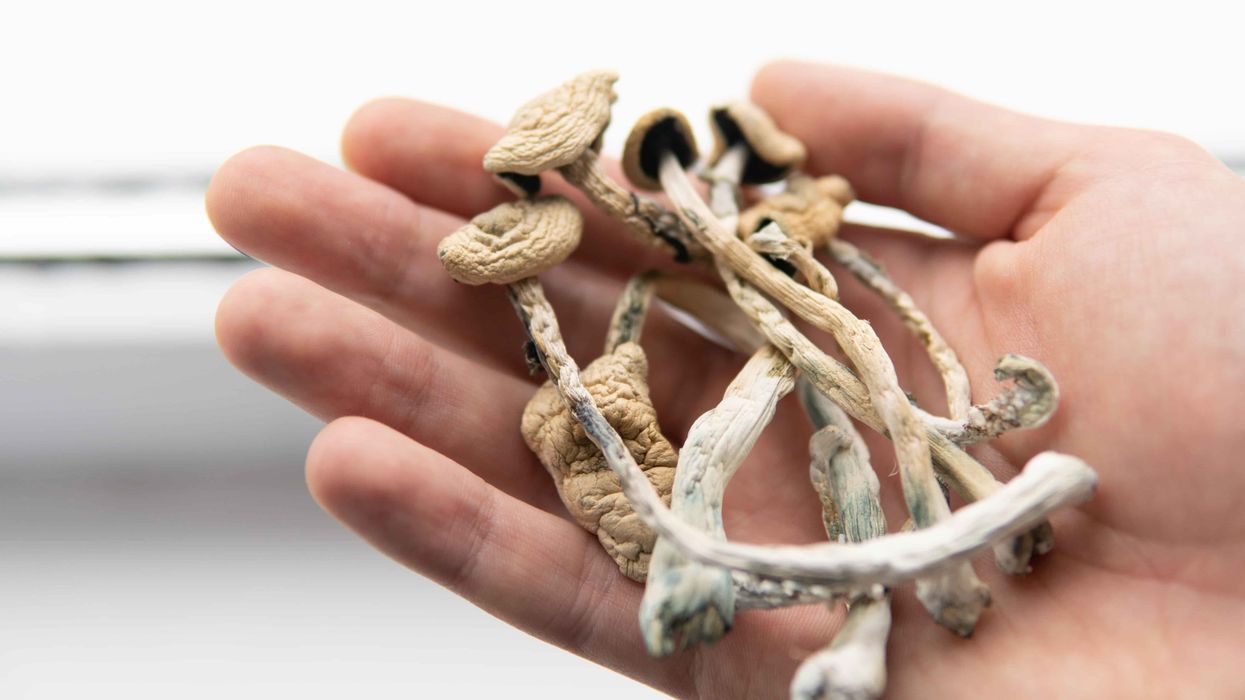

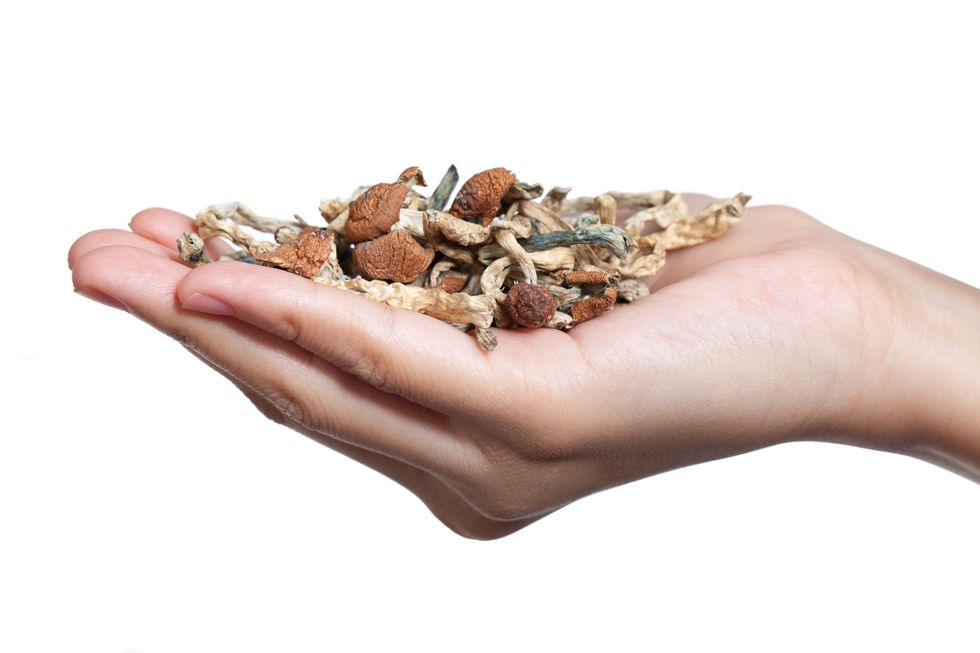 How to Make Mushroom Tea - The Bluntness
null
How to Make Mushroom Tea - The Bluntness
null
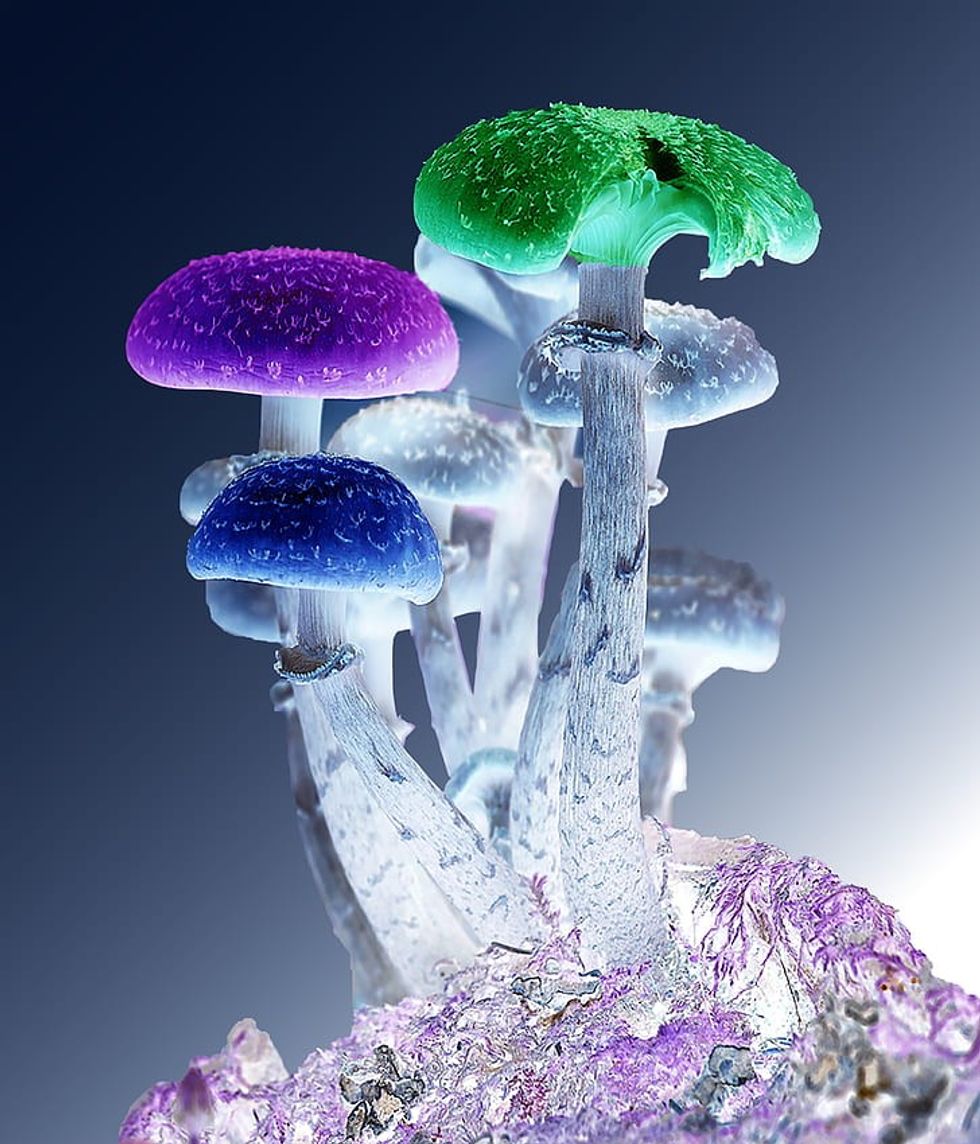 How to Make Mushroom Tea - The Bluntness
www.pickpik.com
How to Make Mushroom Tea - The Bluntness
www.pickpik.com